August 2 (V7N) – Apple Inc. reported its highest revenue growth in three years, but the performance failed to satisfy investors, with shares falling roughly 1% in volatile trading on Friday. Despite a 13.5% surge in iPhone sales during the April–June quarter, driven by fears of tariff hikes, government subsidies in China, and strong demand for the lower-priced iPhone 16e, analysts raised doubts over whether the momentum can be sustained.
Total revenue for the quarter rose 10%, beating Wall Street expectations, and Apple projected better-than-anticipated sales for the September quarter. Still, investors remained cautious, particularly due to the company's sluggish entry into the artificial intelligence race—an area where rivals have moved quickly to dominate.
Analysts noted that while sales in China rebounded thanks to a government subsidy program, Apple's top-tier iPhones initially didn’t qualify due to high pricing. The company responded by reducing prices to capture volume, a move that paid off in the short term. But the question remains: what will demand look like once these temporary boosts subside?
“China’s subsidy support and U.S. tariff concerns both fueled early purchases, but these are not long-term growth drivers,” MoffettNathanson analysts noted.
Apple’s stock has dropped more than 17% this year, underperforming all other members of the "Magnificent Seven" tech giants except Tesla. In contrast, the broader S&P 500 has gained 7.8% in the same period.
In response to the growing risk of trade disputes, Apple has diversified its supply chain by sourcing more iPhones from India and shifting production of Macs and Apple Watches to Vietnam. Nevertheless, the company warned that tariffs could increase its costs by $1.1 billion in the current quarter, after absorbing an $800 million hit in the previous quarter.
Meanwhile, Apple continues to fall behind on AI innovation. Its delayed rollout of AI-enhanced features, such as a revamped Siri and its new Apple Intelligence platform, has raised concerns. CEO Tim Cook acknowledged the lag but emphasized that the company is “significantly growing” its AI investments and making steady progress.
“Apple’s loyal customer base gives it time, but it cannot afford to delay much longer in the AI race,” said Matt Britzman, senior equity analyst at Hargreaves Lansdown.
Despite short-term gains, Apple now stands at a crossroads—its next moves in AI and global trade could define its trajectory in an increasingly competitive tech landscape.
News Source: Reuters.........
END/WD/AJ/



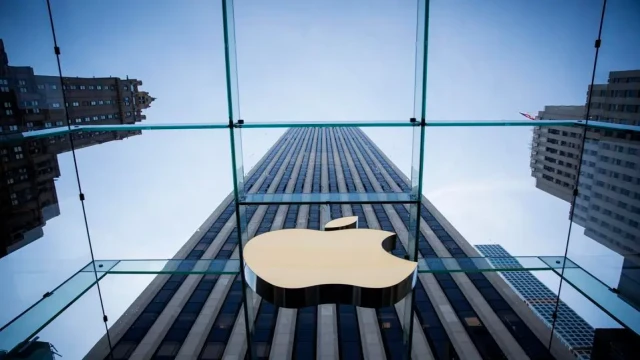
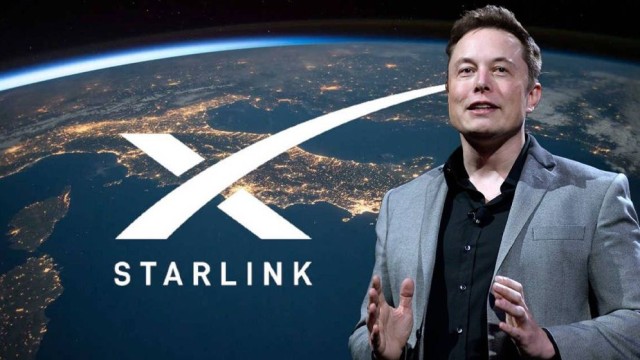
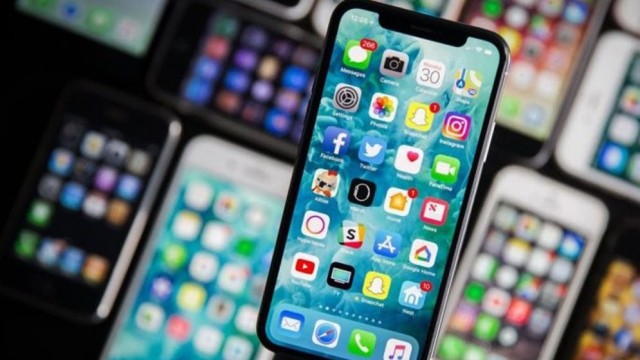
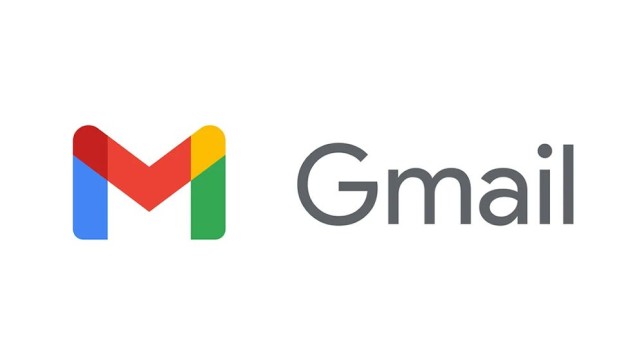
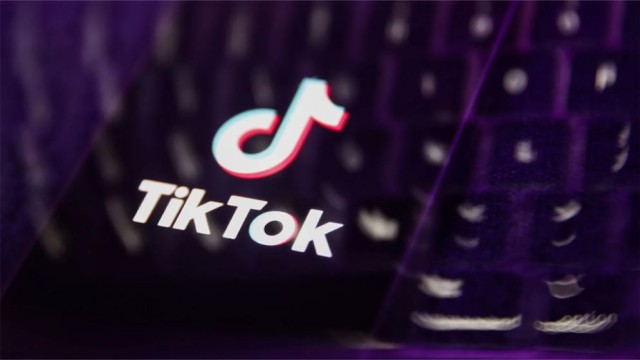
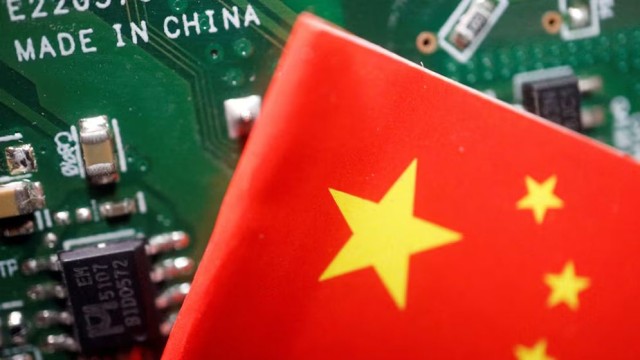
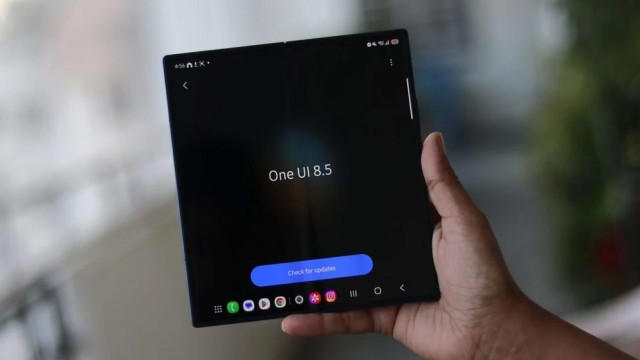
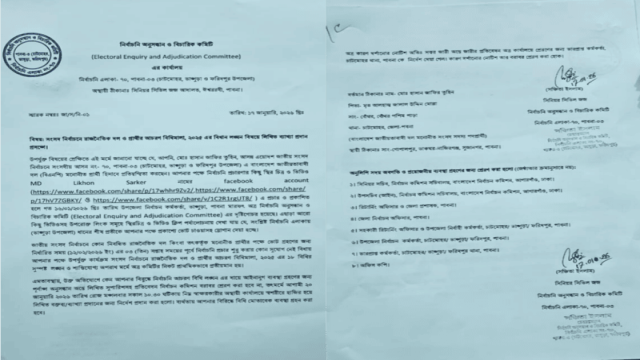




















Comment: